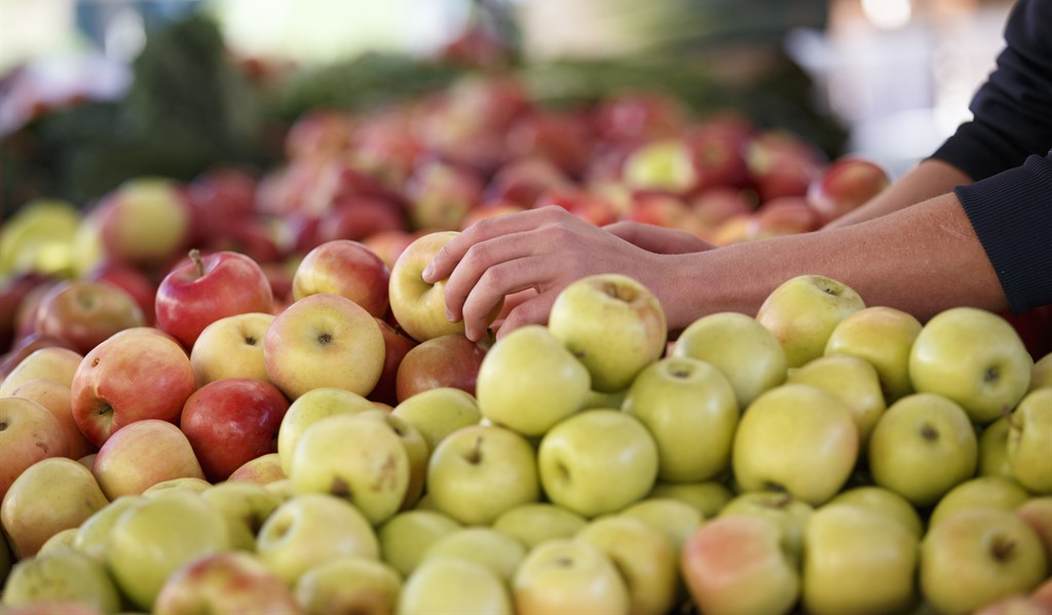I have tried many strange diets in my short time on Earth just to see what would happen. A raw diet was the second-least fun, while a carnivore diet was the first.
Eating steak all day every day with just salt might sound fun — until you’ve done it for a week. I gave that up permanently. Still, I go back to the raw food thing from time to time.
After my subpar electric stove that’s allegedly going to save the Earth from carbon recently broke, I took to eating raw eggs. Shockingly, I haven’t died yet, despite the promises of every authority figure in my childhood that I definitely would if uncooked yolk touched my lips.
Related: Playing Russian Roulette With Raw Eggs?
Afterward, I went down a little bit of a rabbit hole regarding the relative health merits of raw vs. cooked foods. For instance, let’s consider the dichotomy in the context of cruciferous vegetables and a particular compound called indole-3-carbinol (I3C) and what many forms of processing do to it.
Via Root Cause Medical Clinic (emphasis added):
There’s an enzyme that must be released in order for the human body to gain all the wonderful anti-cancer benefits from broccoli. In case you’re interested, the names of these compounds are Indole 3 carbinol and sulforaphane. They not only reduce inflammation naturally but they are superstars at fighting cancer.
Broccoli has an additional benefit of helping your body accumulate selenium, a very important mineral that helps maintain a healthy brain, immune system and improves fertility for both sexes. Studies of selenium reveal it to have specific anti-cancer abilities specifically relating to the prostate. Selenium can reduce inflammation naturally as it is integral to the production of a substance that regulates inflammation …
DON’T DO ANY OF THE FOLLOWING:
- Boil your broccoli
- Microwave your broccoli
- Eat frozen broccoli
Why? The enzyme that releases sulforaphane is destroyed within one minute of either microwaving or boiling. When it comes to freezing, sadly those individuals who ate the frozen variety of broccoli saw no activity from the wonderful substances that give broccoli its anti-cancer powers. The blanching that the food industry utilizes before freezing broccoli kills the enzymes needed to release the anti-cancer compounds, indole 3 carbinol, and sulforaphane. Boiling and microwaving, too, cause the destruction of this all-important enzyme.
Via Journal of Zhejiang University Science B (emphasis added):
Total aliphatic and indole glucosinolates were significantly modified by all cooking treatments but not by steaming. In general, the steaming led to the lowest loss of total glucosinolates…
The content of total indole glucosinolates in broccoli was significantly decreased by all cooking treatments (P<0.05); moreover, the loss rate of total indole glucosinolates in broccoli was significantly higher than that of total aliphatic glucosinolates by all cooking treatments…
Glucosinolates are one of the most important bioactive compounds in broccoli. The glucosinolates-derived isothiocyanates are known to exert the anti-carcinogenic activity in broccoli. Several isothiocyanates derived from methylsulfinyl aliphatic glucosinolates, such as sulforaphane and indole-3-carbinol (derived from glucoraphanin and glucobrassicin, respectively) in broccoli, are regarded to reduce the risk of cancers (Traka and Mithen, 2009). All the cooking treatments caused the losses of glucoraphanin and other glucosinolates.
Of course, this is an extremely broad and complex topic; some foods, like beans, can’t be consumed raw without serious consequences. In many cases, foods contain any of the many so-called anti-nutrients that actually reduce their nutritional value if they’re not mitigated through processes like cooking that break them down.
Via International Food Research Journal (emphasis added):
“Antinutrients such as phytic acids, tannins, saponin, and enzyme inhibitors are phytochemicals that can decrease the bioavailability of micro-and macronutrients, thus causing them to be unavailable for absorptions in the digestive system. Antinutrients are a major concern especially in countries where plant-based commodities such as wheat, legumes, and cereals are staple foods, for the antinutrients can cause not only mineral deficiencies, but also lead to more serious health issues. Although various thermal and non-thermal processing methods such as cooking, boiling, and fermentation processes have been practiced to decrease the level of antinutrients, these processes may also undesirably influence the final products. More advanced practices, such as ozonation and cold plasma processing (CPP), have been applied to decrease the antinutrients without majorly affecting the physicochemical and nutritional aspects of the commodities post-processing.”
To be continued…










